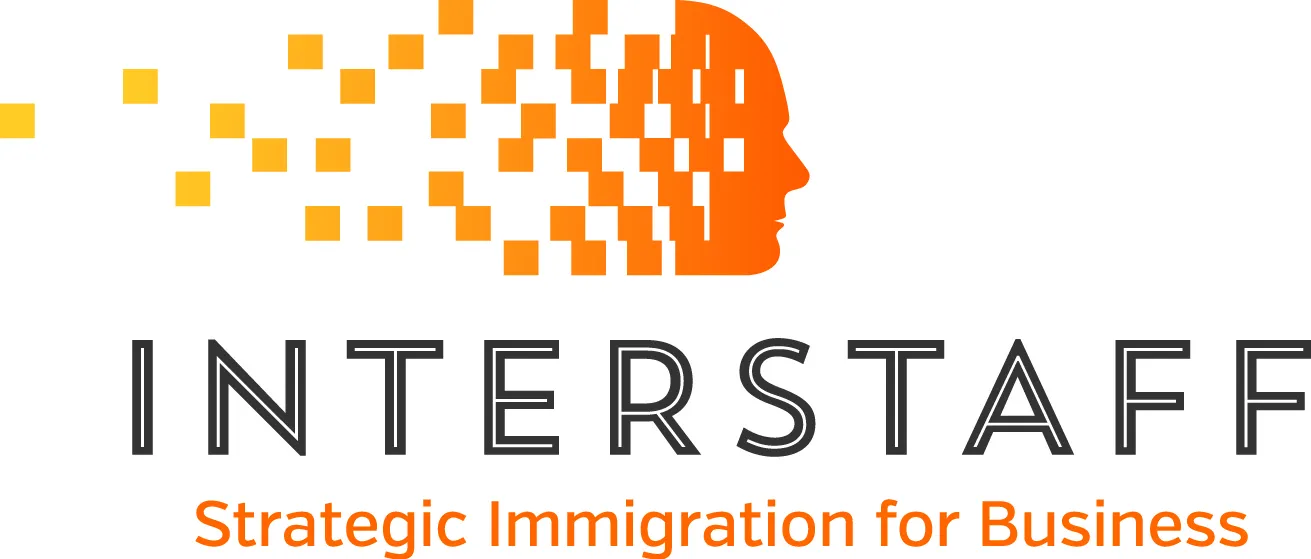Major Skilled Visa Changes Announced

After much anticipation, Home Affairs Minister, Clare O’Neil has today announced several major skilled visa changes based on a comprehensive Review of the Migration System. Most of the changes will make it easier for highly paid skilled professionals to enter and start working in Australia.
.
Written by Sheila Woods (MARN: 0533879) of Interstaff 2 May, 2023
The announcements included:
- 3 Tiers of Temporary Skilled Migration, changes to minimum wages for skilled visa holders (TSMIT), the removal of Labour Market Testing (LMT) and Skilled Occupation Lists
- All temporary skilled visa holders to have a pathway to Permanent Residence
- Greater mobility for employer-sponsored visa holders to switch employers
- Employer sponsorship costs to be paid monthly
- Independent skilled migration points test system to be overhauled
Here’s a summary of what was announced.
3 Tiers of Temporary Skilled Migration and changes to minimum wages for skilled visa holders (TSMIT) and the removal of Labour Market Testing and Occupation Lists
Overseas workers will fall into one of three tiers based on their skills and earnings with fewer requirements for high wage earners in the first tier. This will enable companies to access high skilled workers quicker and with less bureaucracy.
Tier 1: Specialised/Highly skilled and high salary cohort
- This tier is designed to make it fast and simple for specialised and highly skilled migrants to work in Australia and build jobs for the future.
- No requirements for the person’s occupation to be listed on a Skilled Occupation List – instead they must be paid a high salary for their skills.
- The minimum salary for this group has not yet been confirmed, but reviewers have recommended it to be set at above $98,000.
- Removal of Labour Market Testing (LMT), a process which requires employers to advertise a job locally, even where skills shortages obviously exist.
- This group will include highly skilled intra-company transfers (ie, employees working for the same company based in a different country).
Tier 2: Skilled workers paid above a minimum salary of $70,000 (Temporary Skilled Migration Income Threshold – TSMIT)
- Tier 2 provides a mainstream skilled pathway for people with ‘core skills’ identified in evidenced-based assessments of labour market shortages by Jobs and Skills Australia. Applicants must have an occupation listed on a relevant ‘data-driven list’, which may function similar to current Skilled Occupation Lists.
- Must be paid above a minimum salary of $70,000 (an increase from the current TSMIT of $53,900) from 1 July 2023.
- No requirements for Labour Market Testing (LMT).
Tier 3: Workers in specific sectors earning less than $70,000 (TSMIT)
- Tier 3 is for people working in essential industries experiencing persistent shortages such as the aged care sector. This could possibly allow for the migration program to address industry-specific needs such as different salary or English-speaking requirements.
- It may also provide a specific migration option for the care sector that relies on student visa holders as workers.
- There will be a heavier focus on compliance within this group to prevent worker exploitation – particularly as the review has indicated widespread exploitation of workers earning lower wages.
All temporary skilled visa holders to have a pathway to Permanent Residence by the end of 2023
More businesses will be able to retain global talent by supporting their overseas employees to obtain Permanent Residence (PR). This will also help Australia to remain a competitive destination for skilled talent.
It is a very welcome change for temporary skilled workers, who will soon have the certainty of a PR pathway.
Greater mobility for employer-sponsored visa holders to switch employers
Employer-sponsored visa holders will be able to switch employers and have up to 6 months to find and transfer to a new employer sponsor without it affecting their visa status.
This will assist visa holders greatly as the current rule only allows for 60 days.
Employer sponsorship costs to be paid monthly
Businesses will be able to pay for the National Training Contribution Charge/NTCC (a charge of up to $7,200) monthly rather than as an upfront cost at the time of sponsoring a Subclass 482 (TSS), 494, 186 or 187 Visa Holder.
This will reduce the risk of loss of investment for businesses as they only have to pay for the amount of time that a visa holder remains working for their company in Australia. It also means they would no longer have to pay the NTCC if one of their temporary workers moves to a new sponsor.
Independent skilled migration points test system to be overhauled
The Independent Skilled Migration program, which assess candidates on several points-tested requirements such as age, income, English-speaking ability and other factors, will be changed to prioritise economic contributions.
For example, greater points may be awarded for applicants with a partner that can succeed in the local labour market – for example, with greater weight given to factors such as their skills and earning capacity.
This change recognised the Review’s findings that secondary applicants make up 55% of the overall skilled intake and that Australia benefits most when both the primary and secondary applicant can succeed in the labour market.
Interstaff’s Summary
Business groups have expressed their support for the changes as they will allow employers to engage in-demand and highly skilled workers without reference to a Skilled Occupation List or onerous requirements for 4 weeks of Labour Market Testing.
The pathways to Permanent Residence for all temporary skilled visa applicants is another significant and positive step towards encouraging migrants to work and stay in Australia.
However, at this stage no changes were announced for family migration, despite issues being present, such as long wait times for parent visas and the review identifying the high costs for permanent parent visas. This may possibly be addressed in future announcements.
Established in 1988, Interstaff has over 35 years of Australian visa and migration experience and provides strategic immigration advice to businesses and individuals Australia-wide and internationally. MARN: 0533879.
